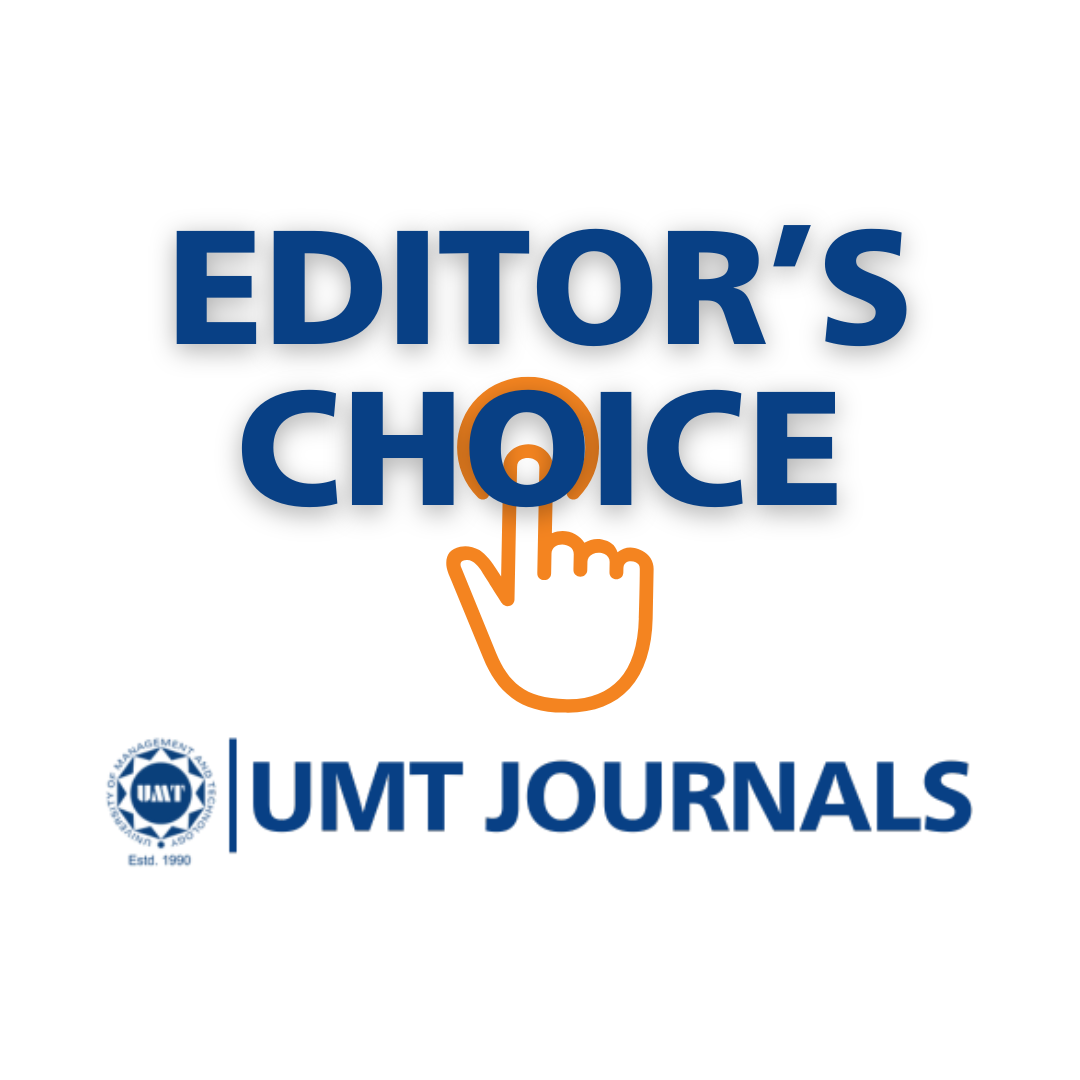Studying the Pharmacokinetics of Interleukin-1RA Mutants
Abstract
 Abstract Views: 154
Abstract Views: 154
The two antagonists for interleukin-1 (IL-1) system are IL-1α, and IL-1β. IL-1 receptor antagonist (IL-1RA) is another naturally occurring non-competitive antagonist. All three antagonists are bound to two receptors that are IL-R1 and IL-1R2. IL-1 is a well-studied pro-inflammatory cytokine that is involved in chronic inflammatory diseases such as rheumatoid arthritis, Parkinson's disease, Alzheimer's, stroke, and epilepsy. The existing literature suggests that interleukin-1 (IL-1) biological responses are impeded by interleukin-1 receptor antagonist (IL-1RA) belonging to interleukin-1 (IL-1) family and a natural IL-1 inhibitor acting as ‘receptor antagonist’. Various studies based on different clinical and experimental models suggest that IL-antagonism has been reported beneficial in neuropathalogical conditions, whereas, pro-inflammatory actions of IL-1 receptor antagonist (IL-1RA) seem detrimental. This study was performed to ameliorate the stability of IL-1RA mutants generated by mutagenesis at specific sites like R6K7-AA, R93K94-AA and K97R98-AA. Using pTIG-Trx expression system, mutants were expressed in E. coli BL21 (DE3) accompanied with the induction of (isopropyl β-D-1-thiogalactopyranoside) IPTG. Later on, the purification of recombinant proteins was brought about using SephadexG75 gel filtration chromatography and Ni+2 chelate chromatography. The bioactivity assay result exhibited IL-IRA activity as high as mutants’ activity. The characterization of pharmacokinetic profile of IL-1RA apace with its mutants presents the half-life of third mutants 2.11 times longer than that of wt IL-1RA. This experimental study will lead to novel approaches, experiences and baseline data, thus providing basis for further research to outdo and elevate the metabolic stability of IL-1RA.
Downloads
Copyright (c) 2019 Iqra Khuzaima, Kanwal Iftikhar, Uroosa Tabarruk, Haleema Sadia, Khadija Shami

This work is licensed under a Creative Commons Attribution 4.0 International License.
BSR follows an open-access publishing policy and full text of all published articles is available free, immediately upon publication of an issue. The journal’s contents are published and distributed under the terms of the Creative Commons Attribution 4.0 International (CC-BY 4.0) license. Thus, the work submitted to the journal implies that it is original, unpublished work of the authors (neither published previously nor accepted/under consideration for publication elsewhere). On acceptance of a manuscript for publication, a corresponding author on the behalf of all co-authors of the manuscript will sign and submit a completed the Copyright and Author Consent Form.











